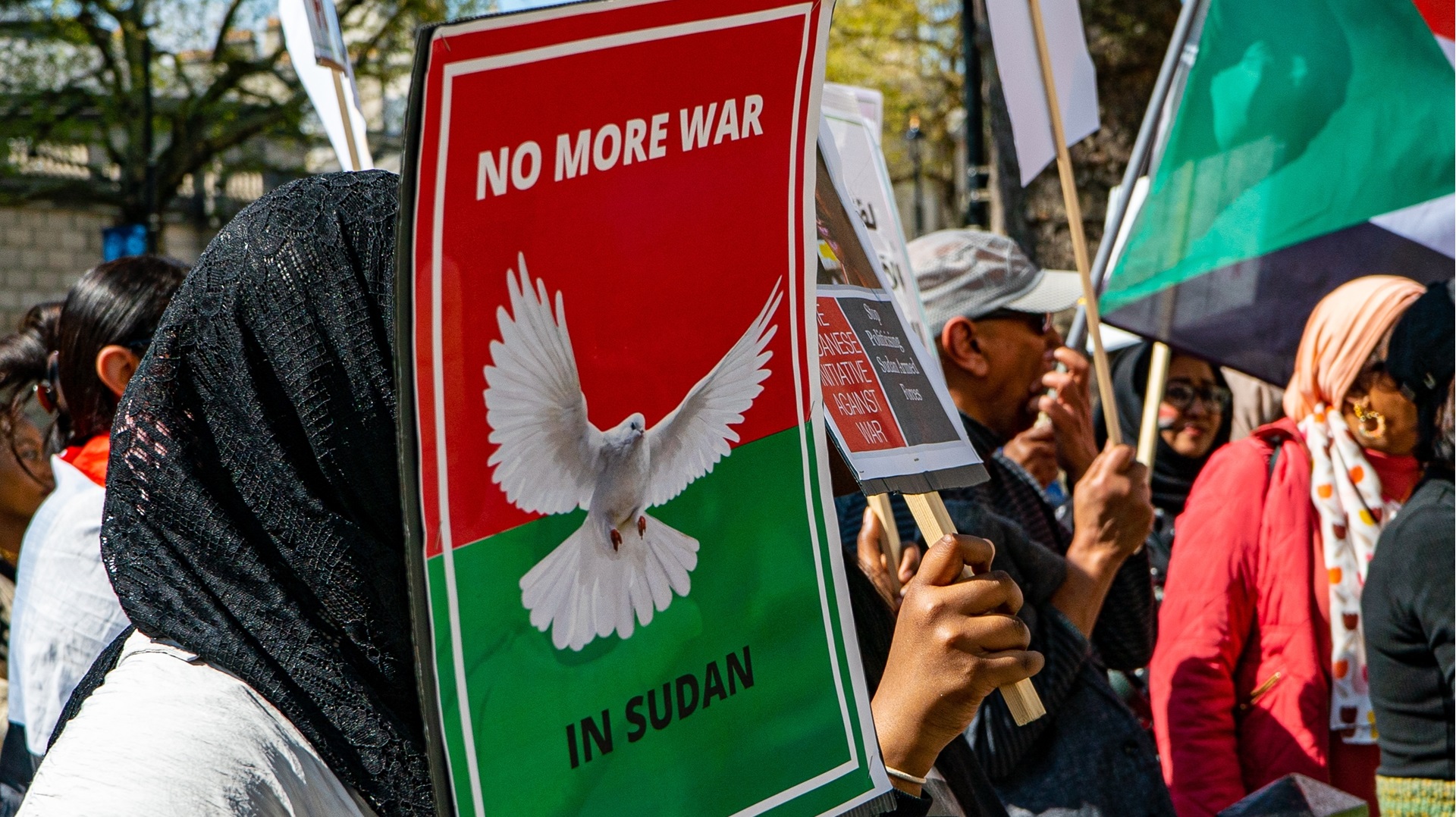One year ago, Sudan was thrust into turmoil as war broke out in Khartoum. Today, the World Health Organisation estimates that nearly eight million people have been displaced and the United Nations describe the conflict as the “world’s worst hunger crisis.” Make no mistake, with the world’s attention understandably focused on the massacre taking place in Gaza, those in Sudan are still suffering unimaginable horrors.
As with Gaza, the British government has done nothing to offer safe passage to those in Sudan, even those with clear UK family ties. This stands in stark contrast to the UK’s response to the war in Ukraine, where bespoke schemes were introduced allowing Ukrainians in the UK to sponsor both immediate and extended family members, with greatly reduced application bureaucracy. This was the right thing to do, but should not be the exception.
Shortly after the conflict in Sudan started though, the government made clear that no such schemes would be introduced. Then-immigration minister Robert Jenrick wrote that the government would “continue to provide safe and legal routes to the UK for those that require it”, suggesting that people in Sudan did not require such routes.
Nothing could be further from the truth. Those trapped in Sudan with loved ones in the UK desperately require safe routes to be opened up, and the absence of them means many have been left with no option but to take alternative, dangerous journeys in search of safety and family reunification.
At Refugee and Migrant Forum of Essex and London (RAMFEL), we were working with 14 people in Sudan when the war started. 13 of these were unaccompanied children. All had exceptionally close family ties in the UK and all were looking to apply for family reunion. One year later, only two have been granted visas to the UK, with one requiring a court to intervene after the government argued that the war was not a change of circumstance.
It’s not just that the government has not introduced any sort of scheme for those in Sudan though. It’s that they haven’t even adapted the application process in recognition of the situation on the ground.









